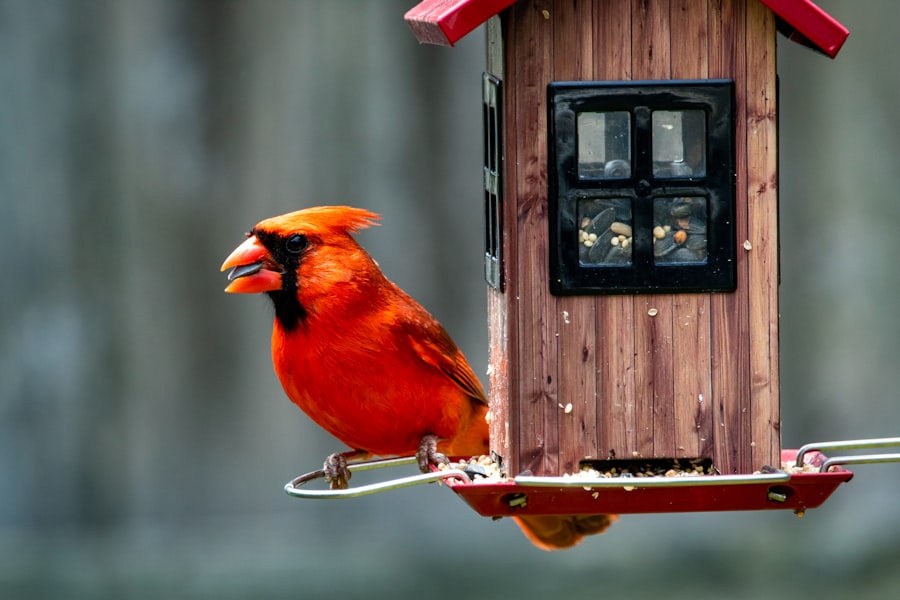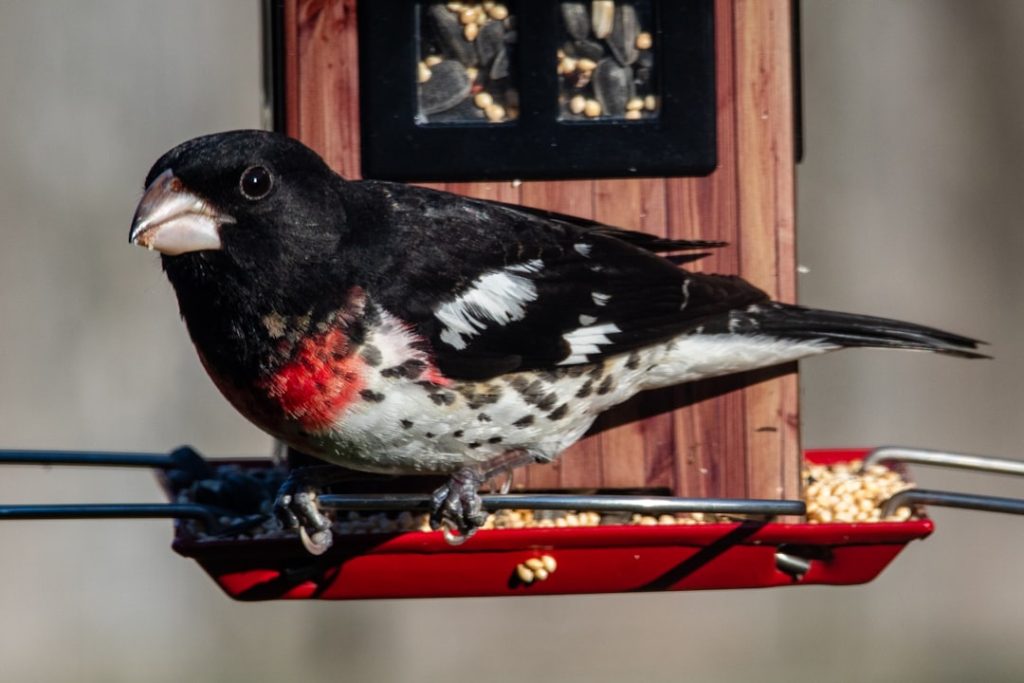Keeping chickens as pets offers numerous benefits. Chickens are known for their gentle and friendly nature, making them suitable companions for both adults and children. They can be affectionate and enjoy human interaction, providing comfort and companionship to their owners.
Chickens also exhibit entertaining behaviors that can be a source of amusement for their caretakers. In addition to their companionship, chickens can have positive environmental impacts. As natural foragers, they help control garden pests by consuming insects and small creatures.
Their droppings serve as high-quality fertilizer, enriching soil and promoting plant health. Furthermore, keeping chickens provides a sustainable source of fresh eggs, which are free from the chemicals and additives often found in commercially produced eggs. Chickens as pets can thus offer both emotional and practical benefits, combining companionship with environmental advantages and a source of nutritious food.
Table of Contents
- 1 Choosing the Right Breed of Chicken
- 2 Housing and Caring for Pet Chickens
- 3 Feeding and Nutrition for Pet Chickens
- 4 Health and Veterinary Care for Pet Chickens
- 5 Bonding with and Training Pet Chickens
- 6 Legal Considerations for Keeping Chickens as Pets
- 7 FAQs
- 7.1 What are the benefits of keeping chickens as pets?
- 7.2 What do chickens need in terms of housing and space?
- 7.3 What do chickens eat and drink?
- 7.4 What are the main considerations for keeping chickens as pets?
- 7.5 What are some common health issues for chickens?
- 7.6 Are there any legal considerations for keeping chickens as pets?
Key Takeaways
- Keeping chickens as pets can provide fresh eggs, natural pest control, and companionship.
- When choosing a breed of chicken, consider factors such as egg production, temperament, and climate adaptability.
- Pet chickens require a secure and spacious coop with access to fresh water, proper ventilation, and protection from predators.
- A balanced diet for pet chickens includes a mix of commercial feed, grains, fruits, and vegetables.
- Regular health check-ups, vaccinations, and parasite control are essential for maintaining the well-being of pet chickens.
Choosing the Right Breed of Chicken
Temperament and Friendliness
For example, if you’re looking for a friendly and docile breed, you might consider breeds like the Orpington or Silkie, which are known for their gentle nature and affectionate demeanor.
Egg-Laying Abilities and Climate
On the other hand, if you’re interested in a breed that is known for its egg-laying abilities, you might consider breeds like the Rhode Island Red or Leghorn. It’s also important to consider the climate and environment in which you live when choosing a breed of chicken. Some breeds are better suited to cold climates, while others thrive in warmer temperatures.
Space and Purpose
Additionally, consider the space you have available for your chickens, as some breeds require more room to roam than others. Finally, consider the purpose for which you want to keep chickens – whether it’s for eggs, meat, or simply as pets – and choose a breed that aligns with your goals.
Housing and Caring for Pet Chickens

Proper housing and care are essential for keeping pet chickens healthy and happy. When it comes to housing, it’s important to provide a secure and spacious coop that offers protection from predators and the elements. The coop should also have good ventilation and be kept clean to prevent the buildup of bacteria and parasites.
Additionally, it’s important to provide a secure outdoor run or enclosure where the chickens can roam and forage during the day. In terms of care, chickens require regular grooming and maintenance to keep them healthy. This includes trimming their nails, cleaning their feet, and checking for signs of parasites or illness.
It’s also important to provide a balanced diet that includes a mix of commercial feed, fresh fruits and vegetables, and access to grit and calcium supplements. Finally, providing fresh water at all times is essential for keeping chickens hydrated and healthy.
Feeding and Nutrition for Pet Chickens
Feeding and nutrition are crucial aspects of caring for pet chickens. A balanced diet is essential for keeping chickens healthy and ensuring they lay high-quality eggs. Commercial chicken feed is formulated to provide the necessary nutrients for chickens, including protein, carbohydrates, vitamins, and minerals.
It’s important to choose a feed that is appropriate for the age and purpose of your chickens, whether they are laying hens, broilers, or simply pets. In addition to commercial feed, chickens also benefit from a variety of fresh fruits and vegetables as well as access to grit and calcium supplements. Grit helps chickens digest their food by grinding it in their gizzards, while calcium supplements are essential for laying hens to produce strong eggshells.
It’s important to provide a balanced diet that meets the nutritional needs of your chickens to ensure their health and well-being.
Health and Veterinary Care for Pet Chickens
Just like any other pet, chickens require regular health care to prevent illness and ensure their well-being. It’s important to monitor your chickens for signs of illness or injury and seek veterinary care when necessary. Common health issues in chickens include respiratory infections, parasites, and injuries from predators or accidents.
In addition to regular monitoring, it’s important to provide preventive care for your chickens, including vaccinations and parasite control. Vaccinations can protect chickens from common diseases such as Marek’s disease and Newcastle disease, while regular deworming can help control internal parasites. It’s also important to provide a clean and sanitary living environment for your chickens to prevent the spread of disease.
Bonding with and Training Pet Chickens

Building Trust and Strengthening Bonds
Spending time with your chickens, talking to them, and offering treats can help build trust and strengthen the bond between you. Chickens are social animals that enjoy human interaction, so spending quality time with them can be beneficial for both parties.
The Joy of Training
Training pet chickens can also be a fun and rewarding activity. Chickens are intelligent animals that can learn simple commands and tricks with patience and positive reinforcement. Training can help stimulate their minds and provide mental enrichment, as well as strengthen the bond between owners and their chickens.
Teaching Tricks and Commands
Whether it’s teaching them to come when called or perform simple tricks, training can be a fun way to interact with your pet chickens.
Legal Considerations for Keeping Chickens as Pets
Before keeping chickens as pets, it’s important to be aware of any legal considerations that may apply in your area. Some cities or neighborhoods have specific regulations regarding the keeping of chickens, including restrictions on the number of chickens allowed, coop requirements, and noise ordinances. It’s important to familiarize yourself with local laws and regulations before bringing chickens into your home.
In addition to local regulations, it’s also important to consider the welfare of the chickens when keeping them as pets. Providing a safe and secure environment, proper care and nutrition, and regular veterinary care are essential for meeting the needs of pet chickens. By being aware of legal considerations and providing proper care for pet chickens, owners can ensure a positive and fulfilling experience for both themselves and their feathered companions.
In conclusion, keeping chickens as pets can be a rewarding experience that offers companionship, entertainment, and even practical benefits such as fresh eggs and natural pest control. By choosing the right breed, providing proper housing and care, ensuring a balanced diet, addressing health needs, bonding with and training pet chickens, and being aware of legal considerations, owners can create a positive environment for their feathered friends. With proper care and attention, pet chickens can thrive and bring joy to their owners for years to come.
If you’re considering keeping chickens as pets, you may also be interested in learning about the best chicken coop designs. Check out this article on the Hannah Montana Chicken Coop for some inspiration on creating a comfortable and functional living space for your feathered friends.
FAQs
What are the benefits of keeping chickens as pets?
Keeping chickens as pets can provide a source of fresh eggs, natural pest control in the garden, and a unique and entertaining addition to the household.
What do chickens need in terms of housing and space?
Chickens require a secure and predator-proof coop for shelter at night, as well as a spacious outdoor area for foraging and exercise. The coop should provide at least 2-3 square feet of space per chicken, and the outdoor area should allow for at least 10 square feet per chicken.
What do chickens eat and drink?
Chickens require a balanced diet of commercial chicken feed, supplemented with fresh fruits, vegetables, and occasional treats such as mealworms or kitchen scraps. They also need access to clean, fresh water at all times.
What are the main considerations for keeping chickens as pets?
Some important considerations for keeping chickens as pets include local zoning laws and regulations, predator protection, and the time and effort required for daily care, such as feeding, cleaning, and monitoring their health.
What are some common health issues for chickens?
Common health issues for chickens include parasites, respiratory infections, and egg-laying problems. Regular health checks, proper nutrition, and a clean living environment can help prevent many of these issues.
Are there any legal considerations for keeping chickens as pets?
Before keeping chickens as pets, it’s important to check local zoning laws and regulations to ensure that keeping chickens is allowed in your area. Some municipalities have restrictions on the number of chickens allowed and the distance of the coop from neighboring properties.
Meet Walter, the feathered-friend fanatic of Florida! Nestled in the sunshine state, Walter struts through life with his feathered companions, clucking his way to happiness. With a coop that’s fancier than a five-star hotel, he’s the Don Juan of the chicken world. When he’s not teaching his hens to do the cha-cha, you’ll find him in a heated debate with his prized rooster, Sir Clucks-a-Lot. Walter’s poultry passion is no yolk; he’s the sunny-side-up guy you never knew you needed in your flock of friends!







